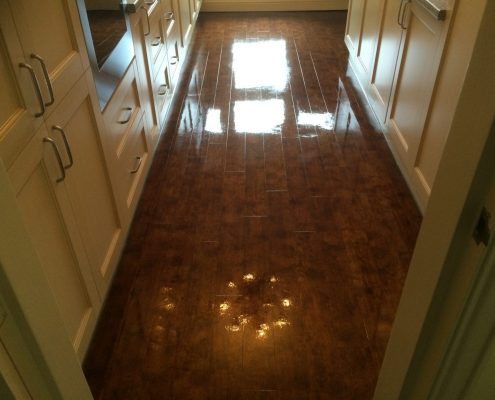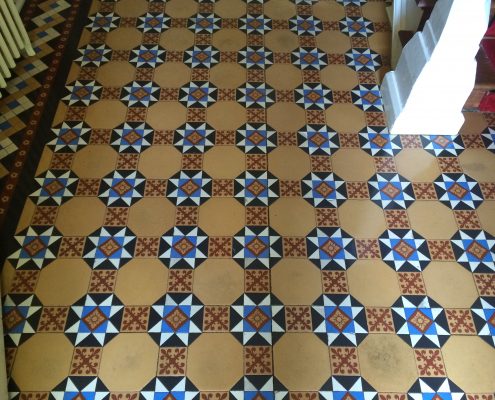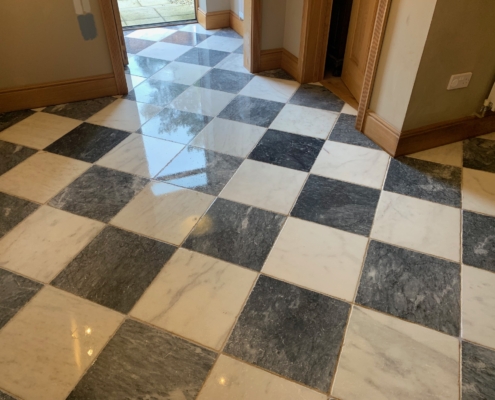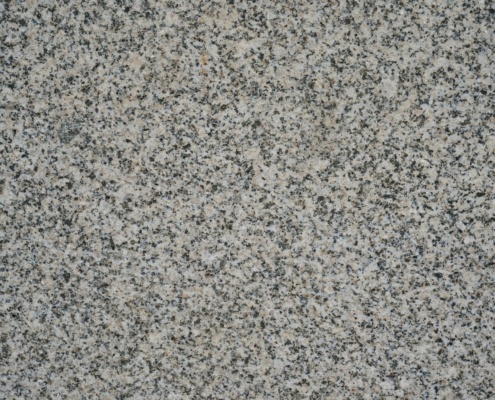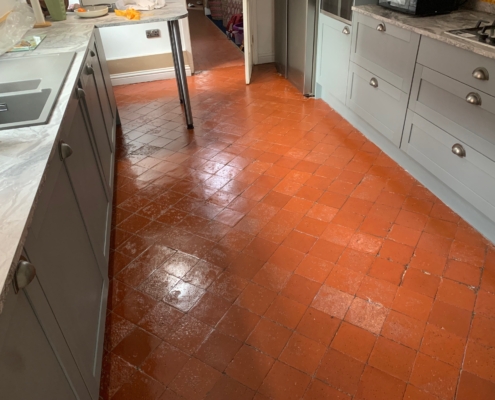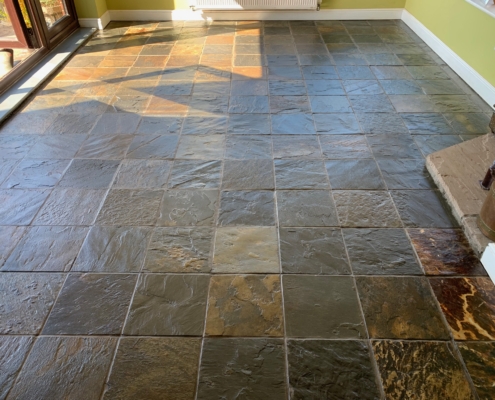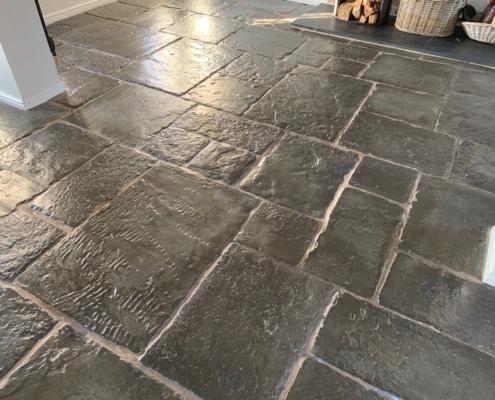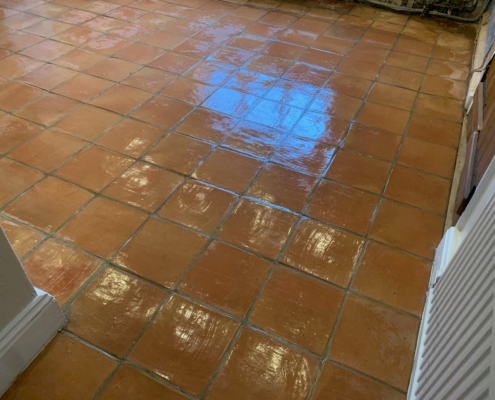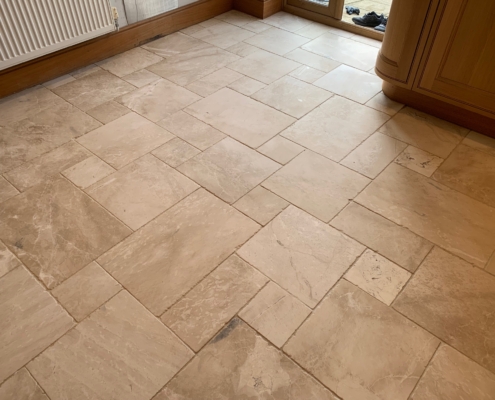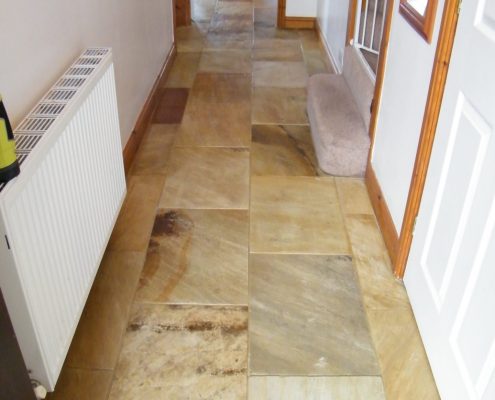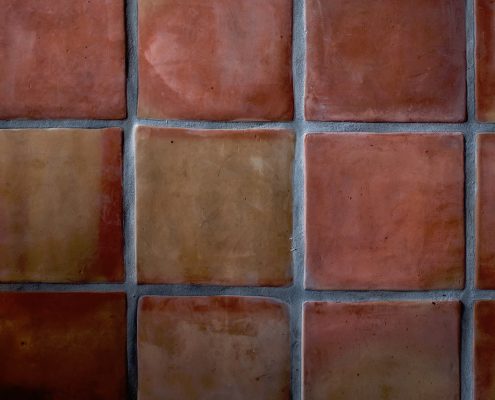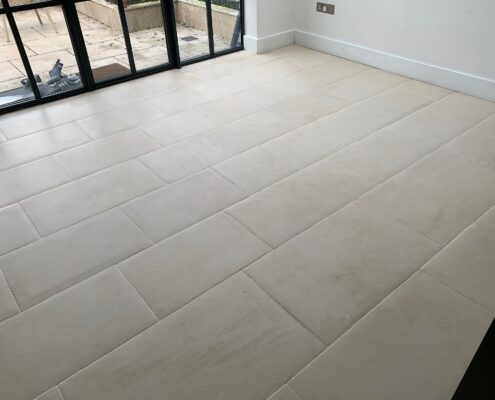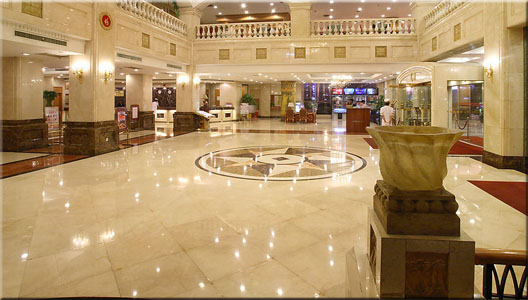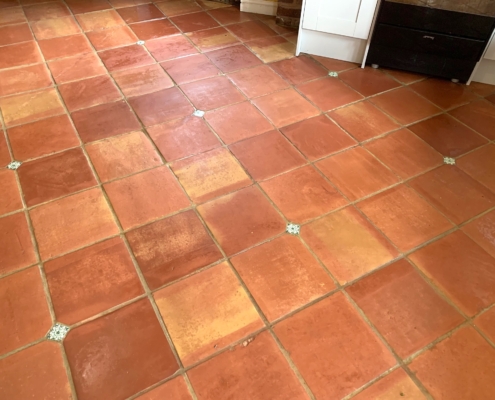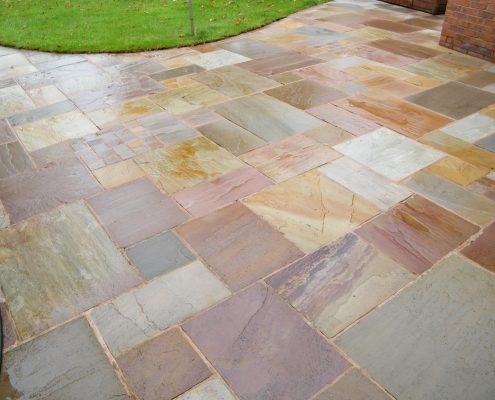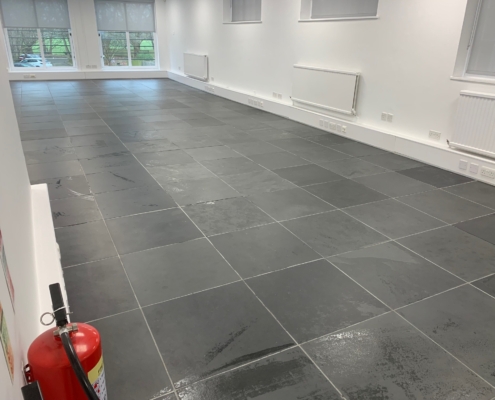Contact us to start your project today.
We can appreciate you may not know where to start when cleaning floors and other hard surfaces. Don’t give up! We are your local professional Other Hard Floor Cleaning service provider, so contact us today for expert advice and tips from our friendly operators.
Coverage
Nationwide coverage available:
Contact us to locate your local Tile & Stone Medic:

Contact us to locate your local Tile & Stone Medic:

Our services
Floor types we restore:
- Floor Care Guides
- Amtico Floor Cleaning
- Ceramic Tile Floor Cleaning
- Flagstone Floors Cleaning
- Granite Floor Cleaning
- Limestone Floor Cleaning
- Marble Floor Cleaning
- Porcelain Tile Cleaning
- Quarry Tile Cleaning
- Sandstone Floor
- Slate Floor Cleaning
- Terracotta Tile Cleaning
- Terrazzo Floor
- Travertine Floor Cleaning
- Victorian Minton Tile Cleaning
Our Work
- Limestone floor cleaning, honing and sealing in Leamington Spa, WarwickshireMay 6, 2025 - 9:13 am

